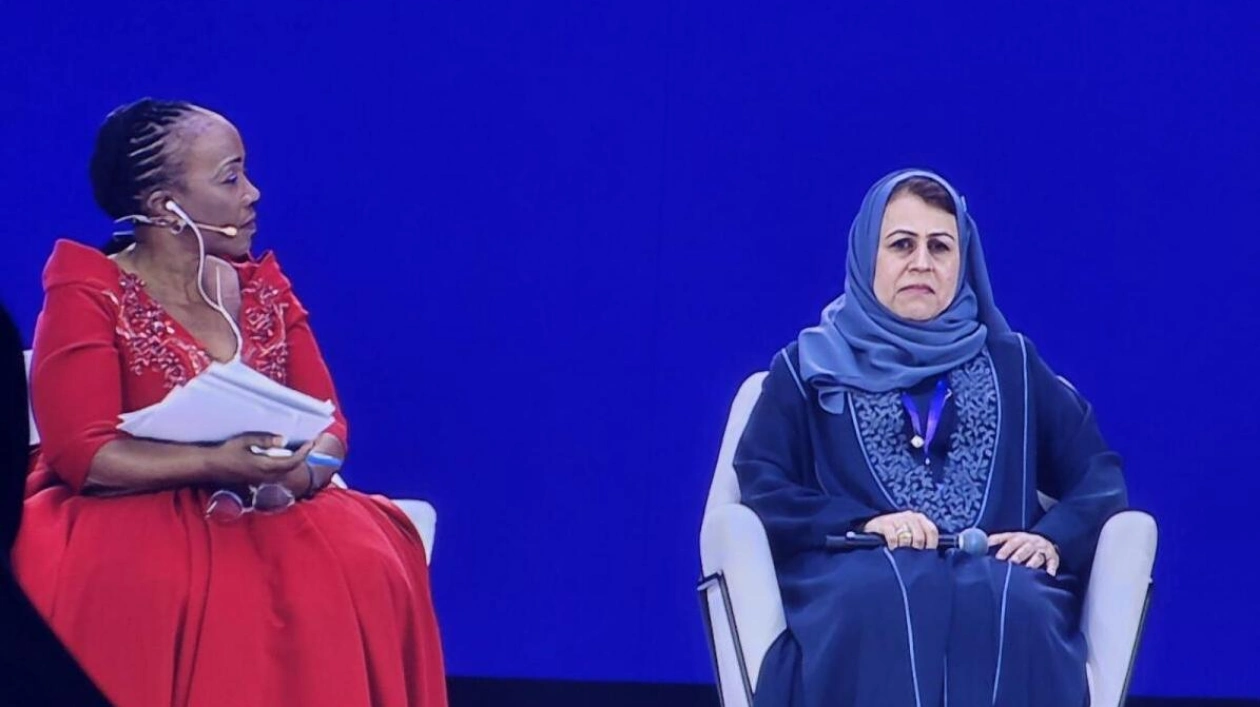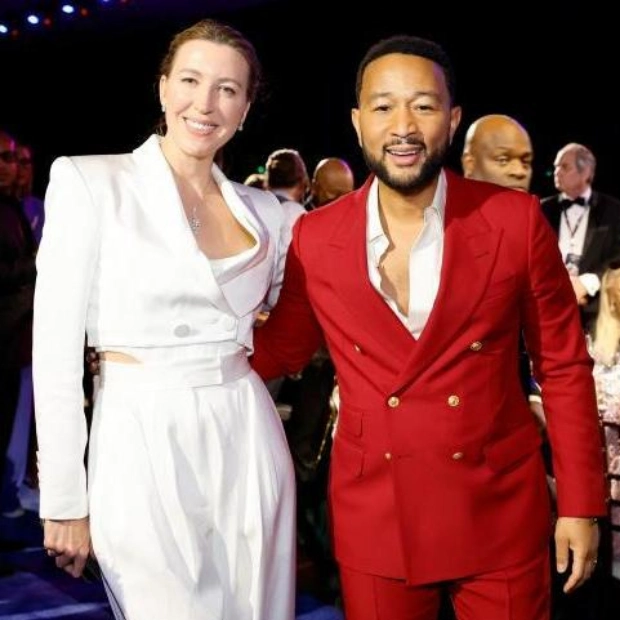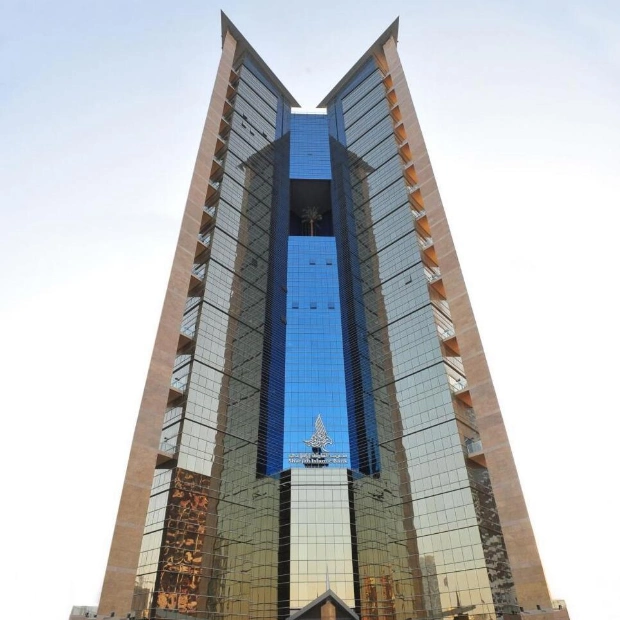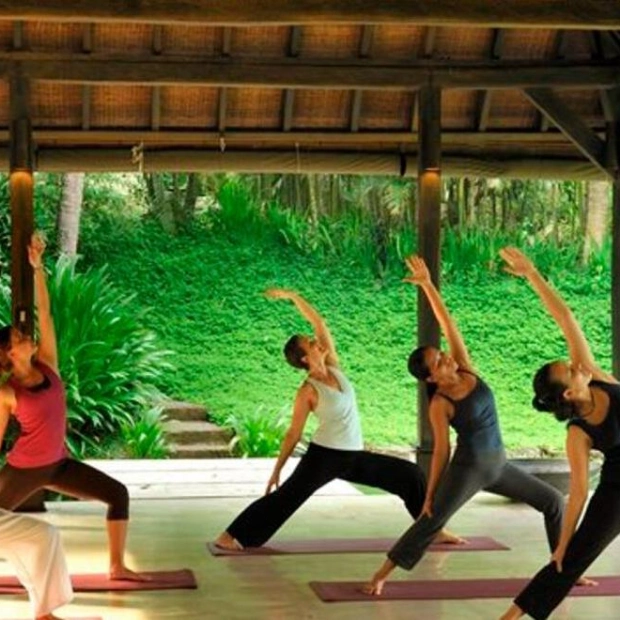Sindisiwe Chikunga (left) and Nahla bint Abdulwahab (right)
A senior official within the UAE's parliamentary body has stated that women's involvement in parliamentary roles has significantly impacted legislation in the UAE. Their method of tackling crucial issues in sectors such as healthcare, education, and sustainable development promotes progress and results in 'enhanced communication between genders'. Speaking at the Global Women's Forum in Dubai on Wednesday, the Speaker of the Federal National Council UAE, Saqr Ghobash, noted, “Women's involvement in parliamentary roles has profoundly influenced legislation. Their approach to addressing issues such as health, education, and sustainable development is invaluable… and leads to improved dialogue between both genders. Our leadership has stressed the importance of women's participation, not merely as a 'right'… but crucial for achieving sustainable development and elevating their roles in society.”
Ghobash cited visionary leaders like the late Sheikh Zayed bin Sultan Al Nahyan, the Father of the Nation, who esteemed women in prominent positions, stating, “Nothing brings me greater joy than seeing a woman in a distinguished role.” He also recalled Sheikh Mohammed bin Rashid Al Maktoum's emphasis on empowering society through women, adding, “We don't empower women, we empower society.”
Ghobash emphasized that the UAE has made significant advancements in boosting women's political participation and is “experiencing a pivotal moment in parliamentary work”, marked by milestones such as “increased representation of women in the Federal National Council”. These efforts have been particularly boosted since 2005, driven by initiatives led by Sheikha Fatima bint Mubarak, Chairwoman of the General Women's Union, President of the Supreme Council for Motherhood and Childhood, and Supreme Chairwoman of the Family Development Foundation. Ghobash highlighted that these initiatives aim to strengthen women's roles in national success.
He added, “A comprehensive effort to enhance the role of Emirati women is especially vital in the nation's journey towards success.” Addressing the challenges faced by women in conflict zones and restrictive societies, he stated: “Women endure more suffering in countries experiencing conflicts and where participation is restricted.” He underscored that by promoting dialogue and peace, governments can empower women to contribute effectively to legislation and global diplomacy, fostering a more balanced and progressive governance.
“We must strive to create a secure environment for women where they can actively and effectively participate in parliament and international platforms… enhancing legislative and political participation.” Other experts during a panel titled, 'Women in Parliament…Exceptional Abilities' encouraged the younger generation to drive change, stressing the importance of inspiring younger generations to enter politics to shape a future where diverse voices are heard and represented.
Sindisiwe Chikunga, Member of Parliament, Minister of Women, Youth and Persons with Disabilities - South Africa, urged: “I want younger generations to join politics. First, they must educate themselves, then they must engage politically, so they understand the essence of politics and representing society. We bring the experience of oppression to ensure future generations do not endure the same. Therefore, any legislation must be 'gender responsive'.” She added, “We, as women, fear shame, and thus, discussing corruption, for instance, is challenging because we fear anything that brings shame.”
Similarly, Nahla bint Abdulwahab Al Hamdiyah, Member of the Sate Council, Sultanate of Oman, highlighted the evolving role of women in society, emphasizing their contributions not only in traditional fields but also in industries, where their economic insights are driving significant changes. She noted, “Women today are making substantial contributions not only in education, healthcare, and societal sectors but also in the industrial sector, bringing about economic shifts. We represent diverse fields, offering unique perspectives. Women, by nature, tend to be more collaborative than competitive, aiding in creating balanced policies effectively reflected in parliament.”
Source link: https://www.khaleejtimes.com






